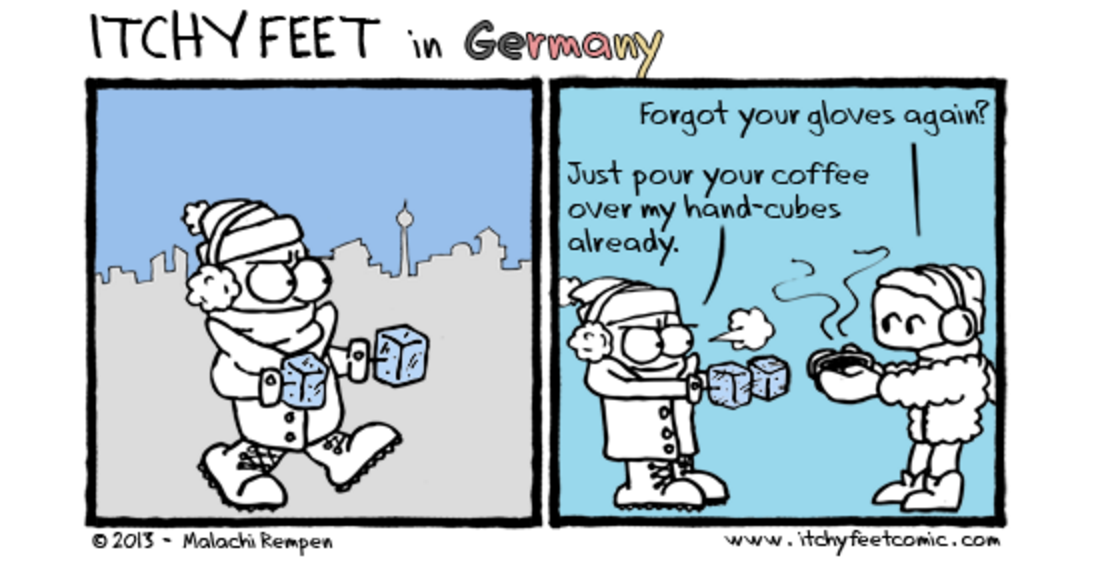In Defense of Fearlessly Making Things Up Posted by Malachi Rempen on May 9, 2016 in Archived Posts
Speaking a language is about communication, and communication is about successfully conveying a message. Ergo hence therefore (yes, I may have taken Logic 101 in college), speaking a language, foreign or not, is generally about finding the easiest way to deliver a message. Words in a language are specifically designed to be mutually comprehensible – the idea is, if we can both agree that a word means a certain thing, we communicate that thing by saying the word. Are you still following me? I’m talking about semantics, bro.
For this reason, it’s not generally considered a good idea to make words up – you confuse the meaning, if there is any at all, and it stalls the process of communication – that oh-so-holy goal of delivering the message. We language learners work very hard to learn the right way to say something, including all possible variants. We want to communicate and/or understand exactly the right sentiment, deliver and/or receive precisely the right message, or risk the dreaded black failure of miscommunication. Stick to the rules. That’s what’s advised.
But I don’t take advice. I make them.
And in my role as linguistic rebel, I often toss the rules to the wind, along with my worries and cares, and start inventing stuff right there on the spot, willy-nilly. If I don’t know the correct word for something, I’ll just combine some things I do know, and blab it out anyway: “driving paperwork” (driver’s license), “christmas towel” (holiday tablecloth), “woody fire beginners” (matchsticks), “very fast walking for fun” (jogging) and “to de-beard” (to shave) are all real, actual semantic Frankensteins I have used in the past. They’re horribly disfigured mistranslations, cringeworthy and hideous, but nonetheless both successful and, perhaps even more importantly, hilarious.
If you can accept that you’re going to sound like a fool no matter what you say – even if you say something perfectly, you’ll do it in a fünny áccent, or put the emphASis on the wrong syllAble, and your conversation partner will laugh at you – if you can accept that, you might as well push it as far as it can go. Be aggressive with your semantic inventions. Create great new monstrosities to surprise and delight, become the life of the linguistic party! Make your partner laugh and think, as they will be forced by your creativity to rethink what’s possible in their own language.
And you will still be communicating perfectly well.

Build vocabulary, practice pronunciation, and more with Transparent Language Online. Available anytime, anywhere, on any device.





Leave a comment: